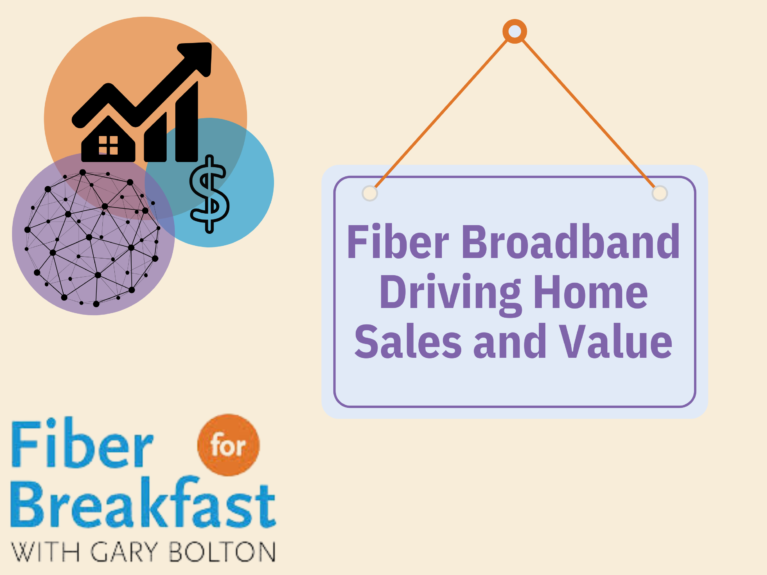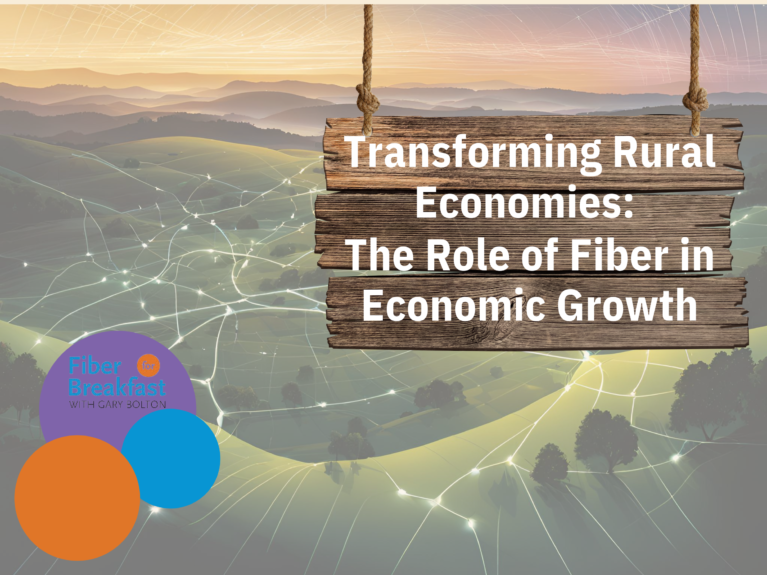Mississippi Ponders ACP Shutdown Impact on Closing Digital Divide
Mississippi Ponders ACP Shutdown Impact on Closing Digital Divide
The Affordable Connectivity Program (ACP) is winding down and will end in April when the rest of its funding is expected to run out, unless Congress enacts legislation to refund it. Failing to renew ACP is expected to have a significant impact on tens of millions of households across the country and could adversely affect efforts to close the digital divide.
In this week’s Fiber for Breakfast, Chip Pickering, CEO of INCOMPAS, said, “The ACP has been tremendously successful. Over 23 million households have signed up. It represents a significant percentage of all people, not only in Mississippi, but around the country. Not only does it help families have connectivity, but it helps our companies that are building [networks] have the business model and economic case to deploy into rural parts of Mississippi, into those hard-to-reach places that are remote and low-income communities.”
Under the Bipartisan Infrastructure Investment and Jobs Act (IIJA), the Federal Communications Commission (FCC) received $14.2 billion to provide a $30/month benefit to assist eligible households get affordable broadband access. National non-profit EducationSuperHighway estimates 51.6 million households across the country were eligible, while 43% of those households had enrolled in the program up until the enrollment pause on February 8 of this year, leaving a large number of households that hadn’t accessed the program.
“We know that almost 1.1 million households live in the state of Mississippi,” said Adeyinka Ogunlegan, Vice President, Government Affairs and Policy, EducationSuperhighway. “More than half of them are eligible for ACP. Right now, only 40% of those households are connected and enrolled in this program. But 234,000 households in Mississippi are in jeopardy of having their connectivity either completely interrupted or seeing their internet service bills go up, depending on how they’re leveraging the benefit.”
EducationSuperHighway’s data shows that over 20,000 Mississippi households are veteran households currently participating in ACP, 122,000 households are in rural parts of the state, and 72,000 are senior households. “These are critical communities that we know rely on internet access for so many things in terms of access to health care, money, businesses, keeping their children educated, and accessing all the resources that the internet provides all of us,” Ogunlegan said.
Organizations planning to take advantage of BEAD funding have been required by NTIA to factor in the availability of ACP in their business plans in planning their builds and for sustainable operations.
“How do we ask these ISPs to go into rural Mississippi or rural America without being able to sustain these networks?” said Quinn Jordan, Executive Director, Mississippi Broadband Association. “Unfortunately, there’s a parallel between those expansions in rural areas with also the ability for those individuals to afford [service]. There’s this balance and impact that ACP is going to have on both sustainability of existing networks and interest to expand and so I think we have to tell that story.”
To learn more about ACP’s importance and the urgency to extend it, tune into the latest Fiber For Breakfast podcast.




